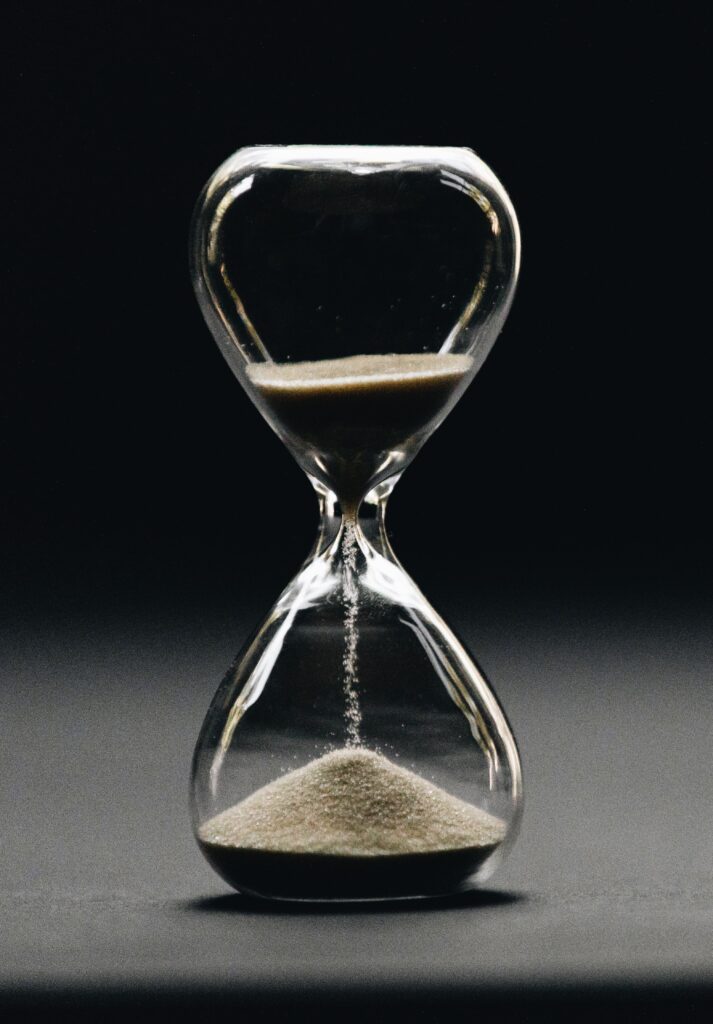You’ve probably heard dozens of people say: time is money. Well, to go a step further, time is the most valuable resource humans can obtain. Time is ever-moving, and there is nothing we can do to stop the clock or slow it down. However, we can make it work to our advantage. If I told you were able to double or even triple the amount of time you had in a day, you wouldn’t believe me. The meaning behind this is that so much of our time is wasted without us even realizing it. Today, you will learn habits to make each minute count. Now, this does not mean you can’t relax or give yourself free time. That would be impossible, and giving yourself breaks is actually vital to being productive, as long as you are optimizing this downtime. Lets look at how we can be masters of our time.
Habits to Harness
Discover More About Your Time Below
Adaptable Apps
These apps will allow you to adapt the habits above into your life seamlessly.

Sunsama
Use this app to do all of your time-blocking, or as Sunsama calls it, “timeboxing”. The user interface is as sleek and functional as you could ask, but what makes Sunsama truly special is it’s ability to sync with second brain tools, calendars, and emails. This app gives the unified view that many others can’t offer to the same degree with its all-in-one integration capabilities. Sunsama makes daily planning and task management frictionless with all of the apps you’re already using.

TickTick
A highly respected to-do list app, with one of the best feature sets in its sea of competitors. Some namely features being the Pomodoro timer and Eisenhower matrix, two incredible tools to delegate and complete tasks. Moreover, you can track daily habits and set-up reminders to progress everyday. With TickTick make habits such as the Two Minute Rule effortless. This app’s reputation proceeds it and will change how you manage your time.
Stats for success


Brief Bullets
Hopefully this week’s post inspired you to take control of your time and made you more aware of your daily habits. With the right structure in place you will find your days to be more productive and fulfilling. Here’s a quick debrief with the takeaways:
